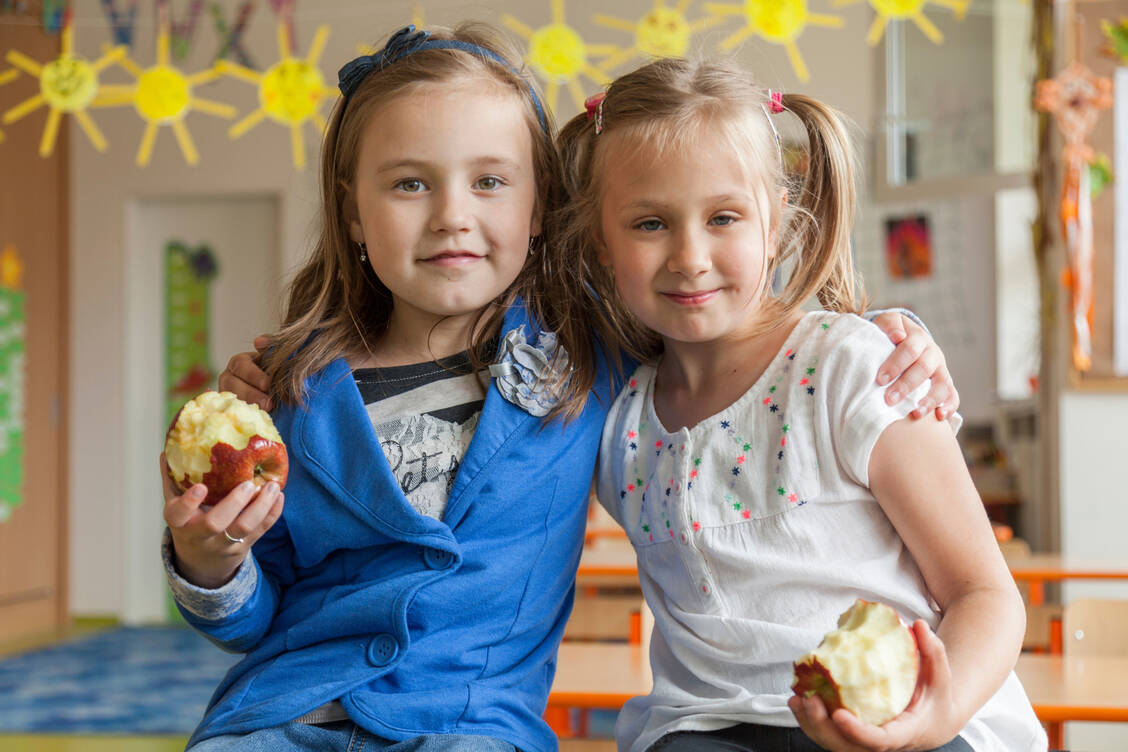Germany is not alone in this trend, as shown by the Health Behaviour in School-aged Children (HBSC) study by the World Health Organization (WHO), which surveyed nearly 280,000 children and adolescents aged 11, 13, and 15 from Europe, Central Asia, and Canada in 2022. Older adolescents in particular increasingly feel burdened by schoolwork, with girls especially affected. Nearly two-thirds of 15-year-old girls (63 percent) reported experiencing school stress and academic pressure. Compared to the last survey in 2018, this marks an increase of almost 10 percent. Among boys, the increase was smaller at 3 percent, and the share of those who feel under pressure was also lower, at 43 percent.







